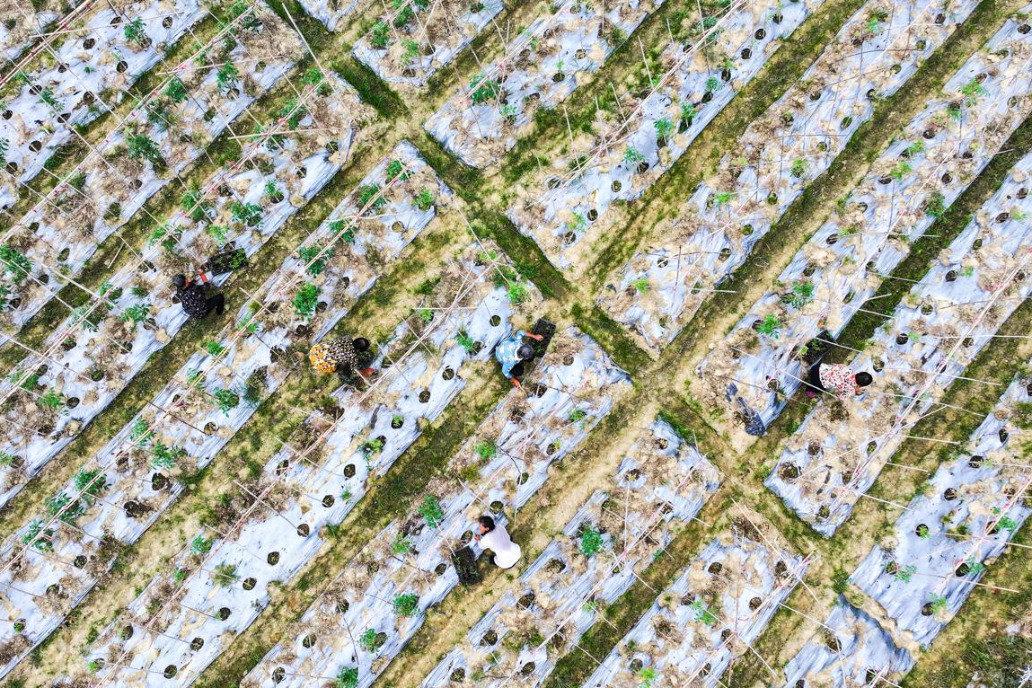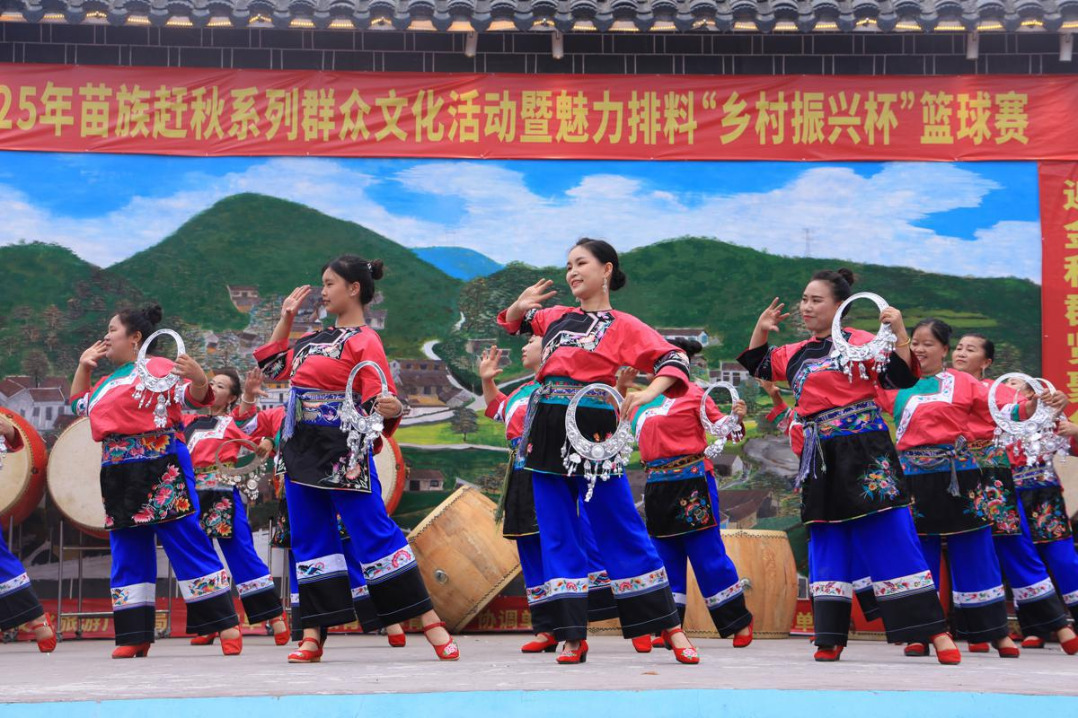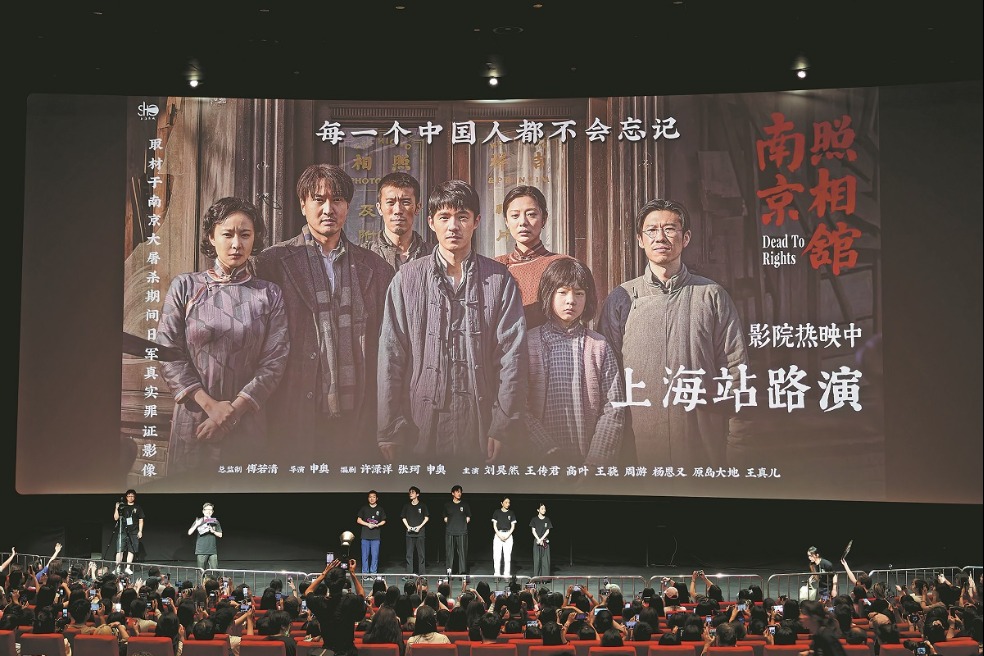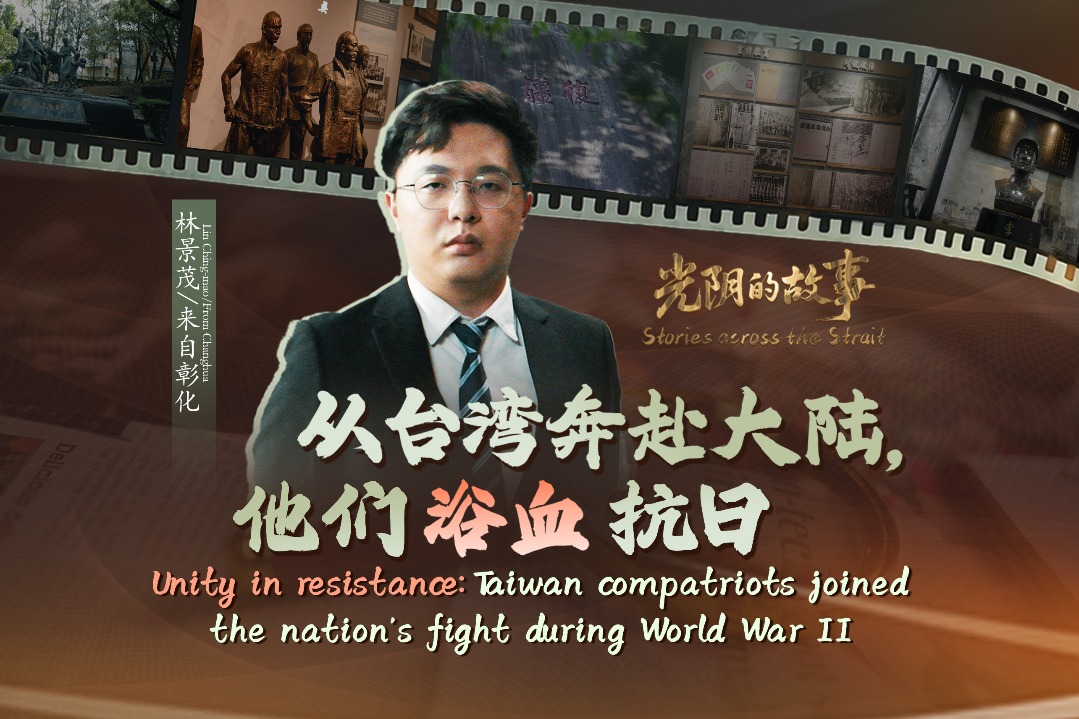US senator's 'sewage garlic' claim draws ridicule

An anti-China hawk in the United States Congress recently claimed that China has compromised US national security by exporting garlic bulbs raised in sewage.
The claim was immediately met with laughs and jeers from Chinese social media users due to a lack of basic understanding of organic farming.
Experts said it is baseless and politically charged, and motivated by anything but concerns for US public health. Instead, they view the episode as a symbol of surging trade protectionism in the world's largest economy.
In a letter to US Secretary of Commerce Gina Raimondo on Dec 6, Rick Scott, a senator representing Florida, asked federal regulators to crack down on imports of "sewage garlic" from China.
He wrote that Chinese garlic-growing practices include "fertilizing garlic with human feces and forms of sewage, growing garlic in sewage, bleaching garlic to make it appear whiter and cleaner."
The Republican claimed that such practices "are well-documented in the public domain," citing sources "from cooking blogs and home magazines to YouTube videos and documentaries."
The career politician, who frames himself as a protector of US business and local jobs on his personal webpage, called for barring Chinese-grown garlic from the US market.
The message was relayed on Chinese social media by users in a sarcastic tone, who believed it was the latest example of China scaremongering by die-hard anti-China politicians in the US seeking to profit from worsening bilateral ties.
"I advise that the US import garlic from Japan, preferably from Fukushima," one user commented on the microblogging service Sina Weibo, in a reference to the US turning a blind eye to Japan's decision to release nuclear water into the Pacific Ocean and the possible health risks of the country's food imports.
"Why doesn't he just say that organic fertilizers in China are biochemical weapons," another commented.
China is a main exporter of fresh and chilled garlic, with the US ranking among its largest markets.
However, the US has repeatedly accused China of flooding its markets with cheap garlic since the early 1990s.
Zhu Chenge, an assistant researcher of US diplomacy at the Chinese Academy of Social Sciences, said "sewage garlic" is a hoax given that the US border quarantine inspection has not reported any case of problematic imports over its decadeslong trade history.
He said the episode is just one in a string of laughable anti-China pleas that Scott, a millionaire politician marginalized in the Republican Party, routinely makes to please populist voters in the US.
In recent months, Scott also lambasted other Chinese products ranging from COVID-19 testing kits to seafood to solar panels.
"Scott has no agricultural background, and by stigmatizing Chinese garlic, he was not representing the interests of US farmers. Instead, he was just seeking to bolster his political standing," he said.
Zhu said that considering Scott's marginalized status in US politics and the flaws in his contention, the plea is unlikely to receive serious attention from the US Congress.
Besides, barring Chinese garlic from the US market would hurt US consumers amid persistent inflation in the country.
"China is a major garlic producer and the US a major consumer, and therefore the bilateral trade is mutually beneficial. Without Chinese garlic, Americans would scramble to meet domestic demand," Zhu said.
He also drew a parallel between garlic and cotton produced in China's Xinjiang Uygur autonomous region, which the US alleges involves forced labor despite the fact that cotton production in Xinjiang is highly mechanized.
By attacking garlic and cotton, the US is attempting to destroy the sprawling supply chains behind the commodities.
An analysis by consultancy company Yuboinfo showed China was the world's largest garlic producer last year, followed by India and the Republic of Korea.
In China, garlic is a central plank in an extensive industry supporting farmers living in formerly impoverished regions.
For example, Qixian county in Central China's Henan province in recent years has fostered a development model centered on garlic, and local residents mostly work in garlic production, processing and transportation.
Some even work in garlic-themed tourism or hold other service jobs.
Gou Tianlai, a professor at Beijing University of Agriculture, said that Chinese farmers raising garlic with animal feces is unlikely, as most such waste has been treated and turned into safe organic fertilizers, an eco-friendly practice embraced by many countries.
"In Shandong province, a garlic production heartland, the animal waste treatment rate has surpassed 90 percent. The number in Jiangsu province had topped 95 percent," he said. "Such practices shall be promoted further if global agriculture wants to fare well in the future."
- China launches low Earth orbit satellite group
- China successfully launches new test satellite
- Books of Xi's discourses on adhering to deepening reform comprehensively published
- China activates Level-IV emergency flood-control response in Hainan
- Flash flood leaves eight campers dead and four missing
- Helsinki spotlight for Beijing school's AI project




































